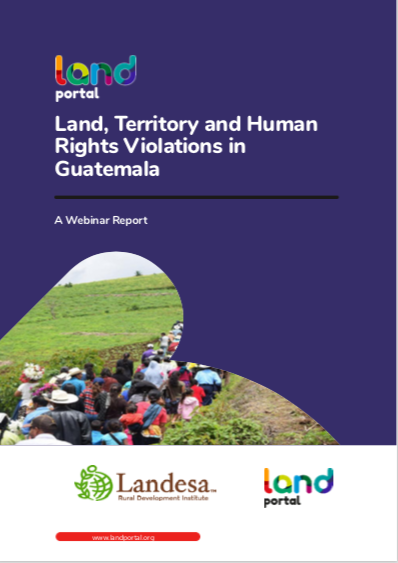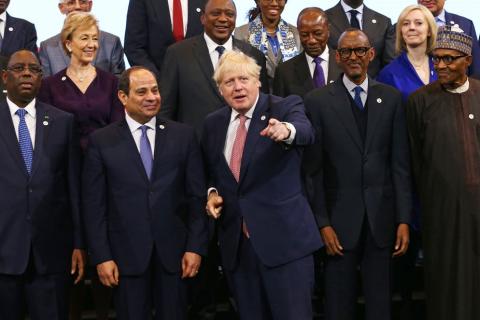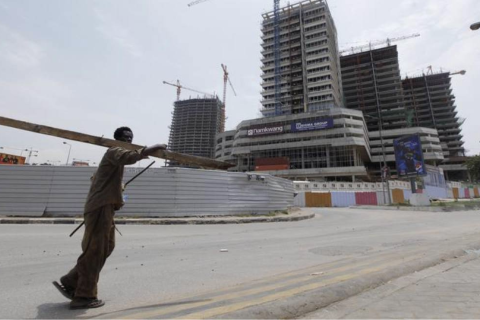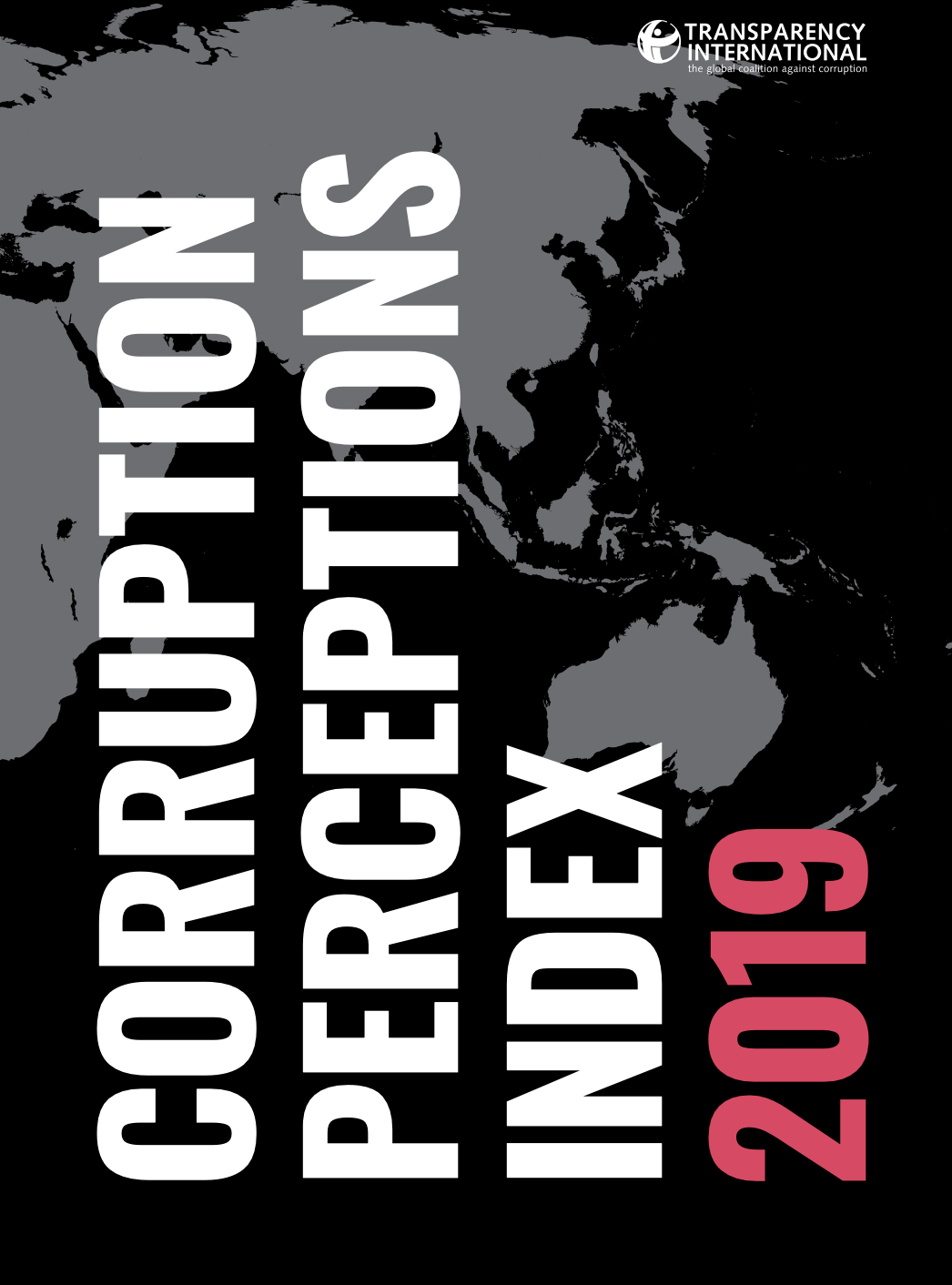Webinar Report: Land, Territory and Human Rights Violations in Guatemala
In 2018, Global Witness found that Guatemala had experienced the highest increase in the number of murders of land and environmental defenders of any country in the world. Last year alone, the president of the village chapter of the Comité de Desarrollo Campesino (CODECA), a national organization of social movements led by indigenous people who work for the recognition of land rights, was murdered, as well as four of his colleagues. Many of these murders occurred in the municipality of Izabal.
Indigenous lands, protected areas limit Amazon’s carbon emissions
Greater international support for indigenous land rights and livelihoods is a cost-effective way to limit climate change, PNAS study
Indigenous lands and protected areas in the Amazon contribute far less to climate change than the rest of the rainforest since they account for only 10 percent of carbon emissions while covering 52 percent of the region, a study shows.
Homes for the future: how architects are responding to the climate crisis
The energy required to construct and run buildings is responsible for nearly 40 per cent of global carbon emissions. Can the green-architecture boom slow the tide?
UK-Africa trade and investment: who benefits?
There has been much hype about a major Africa investment summit being hosted by the UK. Attended by Prime Minister Boris Johnson and an array of royals, a great deal of hopeful win-win-win rhetoric abounded linked to forging new partnerships for a post-Brexit future.
How traditional leaders undermine women’s land rights
In theory, South Africa has strong laws to protect the property ownership and inheritance rights of all women. However, a 2018 study conducted by Bongi Owusu for her master’s dissertation in social science at the University of KwaZulu-Natal found that these laws are often not implemented in rural Zulu-speaking communities. She explains how this prejudices widows in particular.
When a Zulu woman’s husband dies, she is relegated to sitting quietly on a mattress in the corner of a room while other people are allowed to help themselves to her late spouse’s land and other possessions.
What sort of 'development' has no place for a billion slum dwellers?
Imagine a community of 200,000. Convivial, walkable, six times the density of Manhattan but with a smaller ecological footprint. It provides low-cost services and affordable housing mixed with productive uses such as recycling, farming and trading. It’s a city within a city.
But the streets aren’t wide enough to allow cars. The houses seem makeshift and the drains need work. The adaptations make it look like a place under perpetual construction.
Behind high-rise buildings and skyscrapers hides poverty and inequality in urban Angola
Will skyscrapers one day represent the prosperity that every Angolan citizen has dreamed about? Perhaps.
From the Middle East to North America, high-rise buildings and skyscrapers are cropping up as a symbol of wealth and prosperity in global cities. Modern Africa has experienced unprecedented urban growth and embraced zoning regulations and reforms that incentivize high-density growth and mixed-use buildings in major metropolitan areas.
During my recent trip to Luanda, the capital of Angola, the first thing that caught my attention was the city’s skyline.
2019 Corruption Perceptions Index Shows Anti-Corruption Efforts Stagnating in G7 Countries
Analysis reveals corruption more pervasive in countries where money influences political power
More than two-thirds of countries – along with many of the world’s most advanced economies – are stagnating or showing signs of backsliding in their anti-corruption efforts, according to the 2019 Corruption Perceptions Index (CPI) released today by Transparency International.
Corruption Perceptions Index 2019
The Corruption Perceptions Index 2019 reveals a staggering number of countries are showing little to no improvement in tackling corruption. Our analysis also suggests that reducing big money in politics and promoting inclusive political decision-making are essential to curb corruption. 180 The CPI scores 180 countries and territories by their perceived levels of public sector corruption, according to experts and business people.










